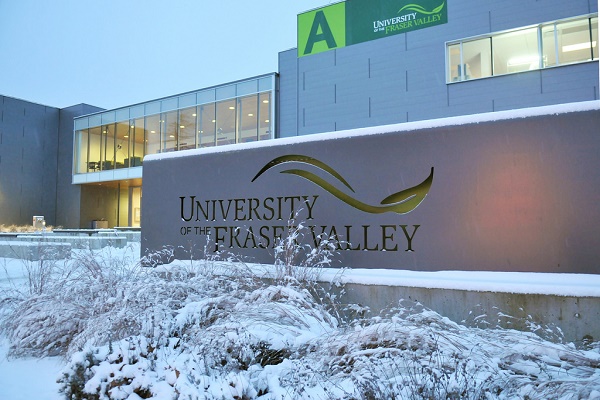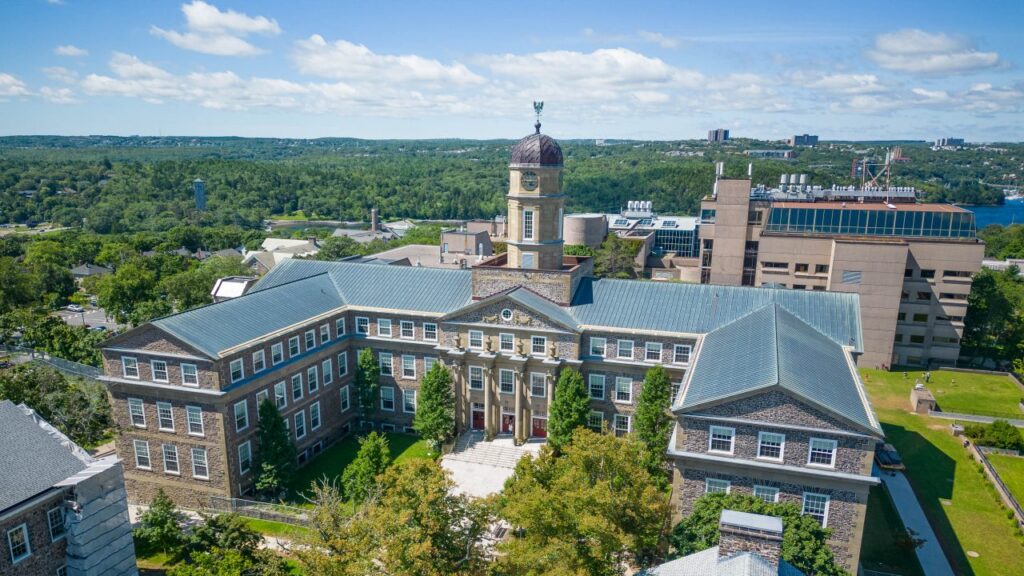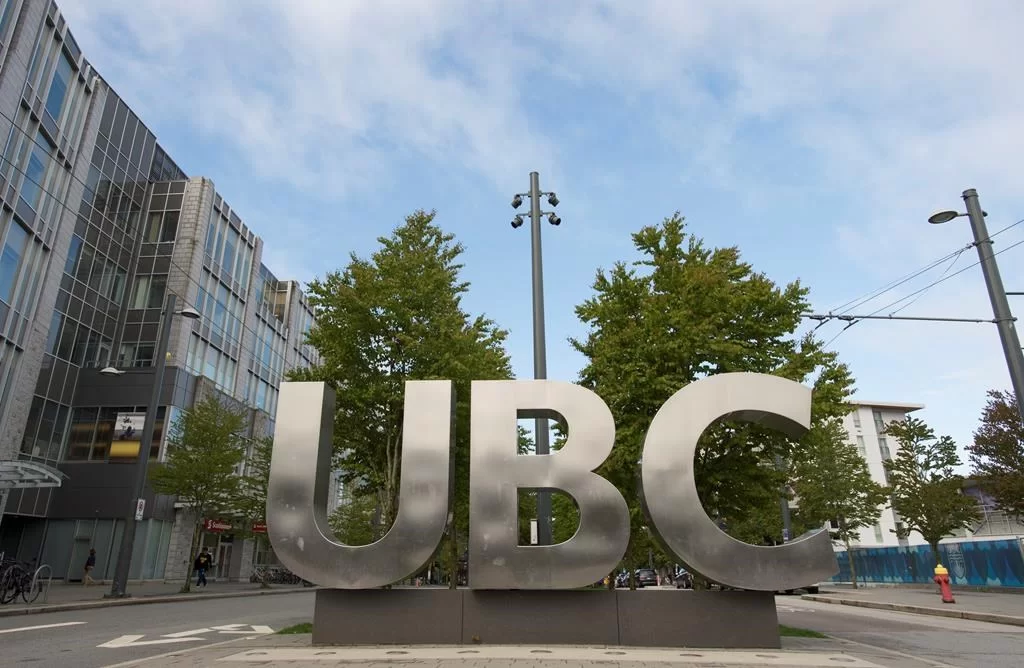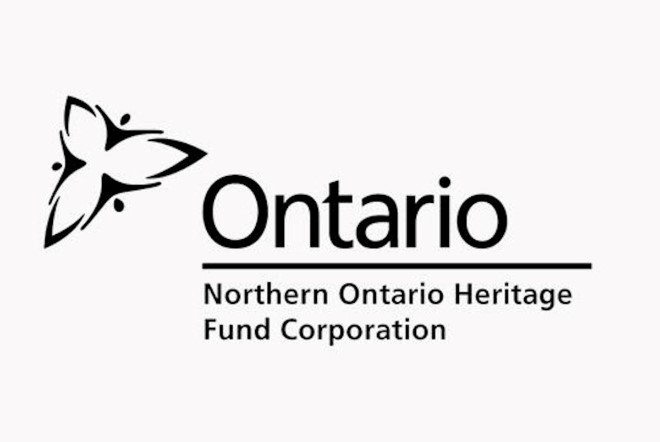Canada is a dream destination for skilled workers across the globe. It offers a mix of different landscapes, a lively culture, and a strong economy. If you’re thinking about moving to Canada, you must know how visa sponsorship works, and what kind of salary and benefits you can expect.
According to sources like Canadavisa, the country is planning on welcoming even more people. Especially, in the coming years, they aim to admit 485,000 new people in 2024 and increase it to 500,000 per year in 2025 and 2026. This big move shows Canada’s dedication to accepting diversity and its smart plan for dealing with the ageing population while also growing its economy.
Skilled workers are a big part of Canada’s immigration plan. The country wants to invite professionals from all over the world to share their knowledge and help build Canada’s job sector. This focus on skilled workers makes Canada a great place for people to grow their careers, earn a good living, and experience a mix of cultures.
Why Choose Canada?
People know Canada for its great life quality, excellent healthcare, and its friendly, multicultural community. With a lot of jobs needing skilled people in many areas, Canada is a promising place for international professionals. You’ll find lots of job choices in its big cities like Toronto and Vancouver, as well as beautiful views in places like Alberta and Nova Scotia.
A Growing Job Market
Canada’s job market is booming. There are many growing industries, like tech, engineering, healthcare, and construction. These industries need more skilled people. Because many Canadian workers are retiring, now is a great time for skilled international workers to come and build their careers.
Good Pay
Another great thing about working in Canada is the pay. No matter if you are a software developer, nurse, electrician, or project manager, you’ll get paid well for your skills and experience. In fact, Canadian salaries are often more than what other countries offer, which can help you live well and save.
Great Job Benefits
Canadian employers also provide many benefits. These include health insurance, pension plans, paid holidays, and training to help you grow in your career. Companies in Canada really care about their employees’ well-being, which helps to make a better and happier workplace.
How the Canadian Immigration System Works
The Canadian immigration system might seem complicated, but once you learn how it works, it’s easier to understand. There are different paths to move to Canada for skilled workers. These include the Express Entry system, Provincial Nominee Programs (PNPs), and the Global Talent Stream.
The Express Entry System
The Express Entry system is a main way for skilled workers to move to Canada. This system manages applications for three federal economic immigration programs: the Federal Skilled Worker Program, the Federal Skilled Trades Program, and the Canadian Experience Class.
You create an online profile in Express Entry, adding info about your skills, education, work experience, and how well you know English or French. Candidates get points and are compared to each other. The ones with the highest points can then apply to live in Canada permanently.
Provincial Nominee Programs (PNPs)
Provincial Nominee Programs let Canada’s provinces and territories choose people who want to move to Canada and live in a specific place. Each place has its own PNP with different rules. They look for skilled workers, business people, and students who just graduated.
The Global Talent Stream
The Global Talent Stream makes it faster for Canadian businesses to hire workers from other countries for tech jobs. With this stream, it’s quicker for employers to get the approvals they need to hire foreign workers when they can’t find Canadians for the job.
Visa Sponsorship: Your Entry to a Job in Canada
Visa sponsorship is important for skilled workers outside Canada to connect with Canadian employers who need their skills. There are many companies in Canada wanting to hire the best talent from everywhere. They know how much skilled foreign workers can help their businesses and are ready to help with visa sponsorships.
With visa sponsorship, skilled workers can legally work in Canada. This opportunity means you can chase your career dreams and also add to Canada’s economy. Plus, it can also lead to becoming a permanent resident and maybe even a Canadian citizen in the future.
Different Types of Work Visas in Canada
Canada offers several types of work visas, each with their own rules. Some common work visas are:
1. Temporary Foreign Worker Program (TFWP): This program allows employers to bring in workers from other countries for a limited time to fill job spots when Canadians are not available. This program makes sure that these workers are treated well and paid fairly.
1. The Temporary Foreign Worker Program (TFWP) lets Canadian companies hire workers from other countries for jobs that Canadians can’t fill. These companies must get a Labour Market Impact Assessment (LMIA) to show that bringing in a worker from outside won’t hurt the job chances for people in Canada.
2. The International Mobility Program (IMP) gives employers a way to get workers from other countries without needing an LMIA in some situations, such as when someone moves within the same company or there’s an agreement between countries.
3. The Provincial Nominee Programs (PNPs) are special programs each Canadian province has. They help skilled workers get a nomination from a province. If they have this nomination, they can apply to become permanent residents through the Express Entry system.
The Types Of Skilled Workers That Are Needed In Canada
In Canada, there are many kinds of skilled workers wanted in different fields. Here, we list ten types of these workers with what they do in their jobs and how much they make each year:
- Software Engineers: They create, test, and look after software and apps. They figure out what users need, write code, connect parts of a program, and make sure everything works well. On average, they earn between $80,000 and $120,000 every year. Software engineers with a lot of experience or in a big job can make more than $150,000.
- Registered Nurses (RNs): RNs take care of patients, give medicine and treatment, teach patients, and organize care plans. You can find them working in many places like hospitals, clinics, and retirement homes. They make about $65,000 to $85,000 a year. Nurses who have special training or are in charge can earn more than $100,000.
- Skilled Trades (like Electricians, Plumbers, Welders): Electricians work with electrical systems, fixing and keeping them running. Plumbers work on pipes for water, gas, and waste. Welders join and cut metal using special tools. They typically make $50,000 to $70,000 a year. Tradespeople who are very skilled or lead others, and those who work in remote areas, might make more than $90,000.
- Accountants: They make financial reports, work out taxes, and make sure everything follows the rules. They also look at money data, help with audits, and give advice on finances. They usually get paid $60,000 to $90,000 a year. Accountants who are certified (CPAs) or have senior jobs at big firms can earn more than $120,000.
- Engineers (like Civil, Mechanical, Electrical ones): Civil engineers plan and manage building things like bridges and roads. Mechanical engineers make machines and tools. Electrical engineers create electronic equipment. On average, their salaries range from $70,000 to $110,000 per year. Experienced engineers with special skills or in management can earn over $150,000.
- Information Technology (IT) Professionals: This group includes people like network administrators who look after computer networks, cybersecurity analysts who protect against threats, and database administrators who manage data storage. They typically earn $65,000 to $100,000 a year. IT pros with high-level certifications or specialized skills can make over $120,000.
- Teachers: They work in schools, designing lessons, teaching students, checking how well students are doing, and keeping the classroom a good place for learning. On average, they earn $50,000 to $80,000 annually. Teachers with extra qualifications or in admin roles can make more than $100,000.
- Chefs: They plan what food to serve, make sure it’s made well, manage the kitchen staff, and look after how the food looks and tastes. Chefs are creative, know a lot about food and how to cook it. They usually make $40,000 to $60,000 every year. Head chefs in big restaurants or hotels can earn over $80,000.
- Project Managers: They plan and run projects all the way through. They set schedules, organize resources, lead teams, check on progress, and make sure goals are met. Their salaries are between $70,000 and $100,000 per year. Very experienced project managers, especially on big projects or in top roles, can earn over $120,000.
- Human Resources (HR) Professionals: They work on hiring, training, relations with employees, and follow labor laws. HR also makes policies, and handles pay and benefits for workers. They usually get paid $55,000 to $80,000 annually. HR pros with higher education or top jobs in big organizations can earn more than $100,000.
- Poultry Workers: They take care of chickens and other birds, work with processing and packaging. They feed the birds, watch their health, use machines, and keep things clean. You need to be strong and careful but don’t need special schooling. Pay starts at minimum wage, but skilled workers or bosses might make $30,000 to $40,000 a year, depending on where they are and the size of their company.
The money that people make for these jobs might be different depending on where they are, the industry, the size of their company, and how much experience and schooling they have. Remember that living costs can also be different around Canada.
Benefits Packages
Skilled workers in Canada often get good benefits like health insurance, money plans for when they retire, days they can take off and get paid, time off for new parents, chances to learn more for their career, help programs for employees, insurance if they can’t work, insurance if they pass away, and ways to make work fit better with their life.
These benefits help workers have good health care, feel secure with their money, have a good balance between work and life, grow their careers, have support for their mental health, and have different ways to work. These good points help make Canada a place where skilled people want to work.
Finding Job Opportunities Offering Visa Sponsorship In Canada
It can be hard for skilled workers coming from other places to find jobs in Canada that will support their visa. But there are ways to make it more likely for you to find a Canadian employer who will help you get a work visa.
Here are
Here are some tips:
- Use Job Websites: Look for jobs on websites like Job Bank, Indeed, Monster, and LinkedIn. Search for jobs that say they offer visa sponsorship or that they’re open to hiring people from other countries. Many job adverts will tell you if the employer is ready to help with work permits or residency applications.
- Go to Job Fairs: Companies in Canada often go to job fairs and recruitment events to find skilled workers from all over the world. You can meet employers at these events, find out what jobs they have, and ask about getting help with visas.
- Make Connections: Knowing people is very important when looking for a job that needs visa sponsorship. Go to events for your job, join groups, and talk to people you know to find job openings and learn about companies that help with visas for their workers.
- Look for Jobs in Demand: Some jobs are needed more in Canada, and companies might more likely sponsor visas for these roles. Look for jobs that are in high demand in your field. This could include healthcare, specialized trades, and tech jobs.
- Think About Provincial Programs: Canadian provinces have their own immigration programs called Provincial Nominee Programs (PNPs). These programs let companies find and suggest foreign workers to live in the province based on the jobs needed there. Look for jobs that fit with these programs.
- Keep Trying: It can take time to get a job with visa sponsorship. Keep looking for jobs, work on your skills, and be patient while dealing with the immigration process in Canada.
Companies in Canada often want to sponsor people from other countries if they have the skills and expertise needed. Use these ideas and show your skills well to increase your chances of getting a job in Canada that will sponsor your visa.
5 Popular Provinces for Jobs in Canada
Here are the best 5 provinces/territories for finding jobs in Canada:
- Ontario: Ontario is where a lot of Canada’s business happens. It has many jobs in areas like finance, tech, making things, and healthcare. Big cities like Toronto, Ottawa, and Waterloo are great for finding work.
- British Columbia: British Columbia has a strong economy with resources, tourism, and tech. You can find jobs in things like forests, mines, film, and software, especially in Vancouver.
- Alberta: Alberta is known for its energy work, like oil and gas. In cities like Calgary and Edmonton, you can find jobs in energy, money management, and tech.
- Quebec: Quebec has different kinds of jobs, including in the airplane business, computers, medicine, and tourism. Montreal is a big city with lots of work opportunities.
- Manitoba: Manitoba’s economy is growing. It has jobs in farming, making things, moving goods, and health. Winnipeg is the biggest city and an important place for jobs.
The job market in these provinces is strong because they have growing economies, big companies, more people, and investment in development. But, job chances depend on what you can do, your experience, and your work field.
Benefits of Being a Skilled Foreign Worker in Canada
Working in Canada as a skilled worker from another country is a great opportunity. Canada is known for being safe and having good healthcare, schools, and living standards. It’s also a place that celebrates many cultures, so skilled workers can join a community with many different backgrounds and share their own stories.
Skilled workers from abroad can move up in their careers in Canada’s industries, earn good money, and get benefits like health insurance, saving for later in life, and help with learning more for their job.
Canada is also very welcoming to new people and has ways for skilled workers to stay permanently after starting with a temporary work visa. People are friendly, the country is beautiful, and everyone works together to help newcomers do well in work and life.





